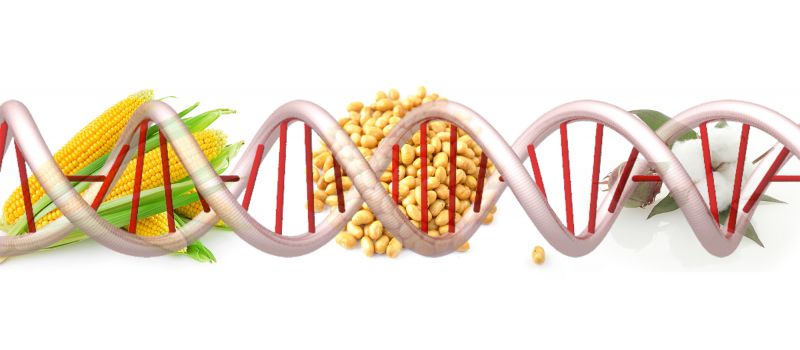GMO Answers - Conserving Water in Agriculture
Published on by Water Network Research, Official research team of The Water Network in Academic
GM crops have helped reduce the irrigation needs and conserve water by growing more drought-tolerant plants.
In honor of this year’s World Water Week 2016, “Water for Sustainable Growth,” GMO Answers released a new infographic to educate consumers about how GMOs help conserve water in agriculture.
 With changing weather patterns and an increased number of widespread droughts – water conservation continues to be a challenge and priority for communities around the world.
With changing weather patterns and an increased number of widespread droughts – water conservation continues to be a challenge and priority for communities around the world.
Advancements in biotechnology such as drought-tolerant, genetically modified (GM) crops are one solution to helping farmers use less water and reduce irrigation needs.
“Water is precious, which is why choosing sustainable practices to help resolve ongoing environmental challenges is so important,” said Kate Hall, managing director of the Council for Biotechnology Information and GMO Answers spokesperson.
GMO Answers’ “Water Preservation” infographic illustrates how GMOs allow farmers to do more with less to conserve water and grow more drought-tolerant plants:
GM crops have helped reduce the irrigation needs of U.S. grown cotton by 50 percent over the last 20 years.
GM crops can decrease the rate at which water is lost through transpiration, while improving yield in drought conditions with crops like rice.4
Nearly 6,400 bodies of water can benefit from reduced soil erosion through the usage of GM crops, GMO Answers said.
Source: GreentechLead
Media
Taxonomy
- Agriculture
- Irrigation
- Genetically Modified Food
- Genetically Modified Food
- Water
- Crops